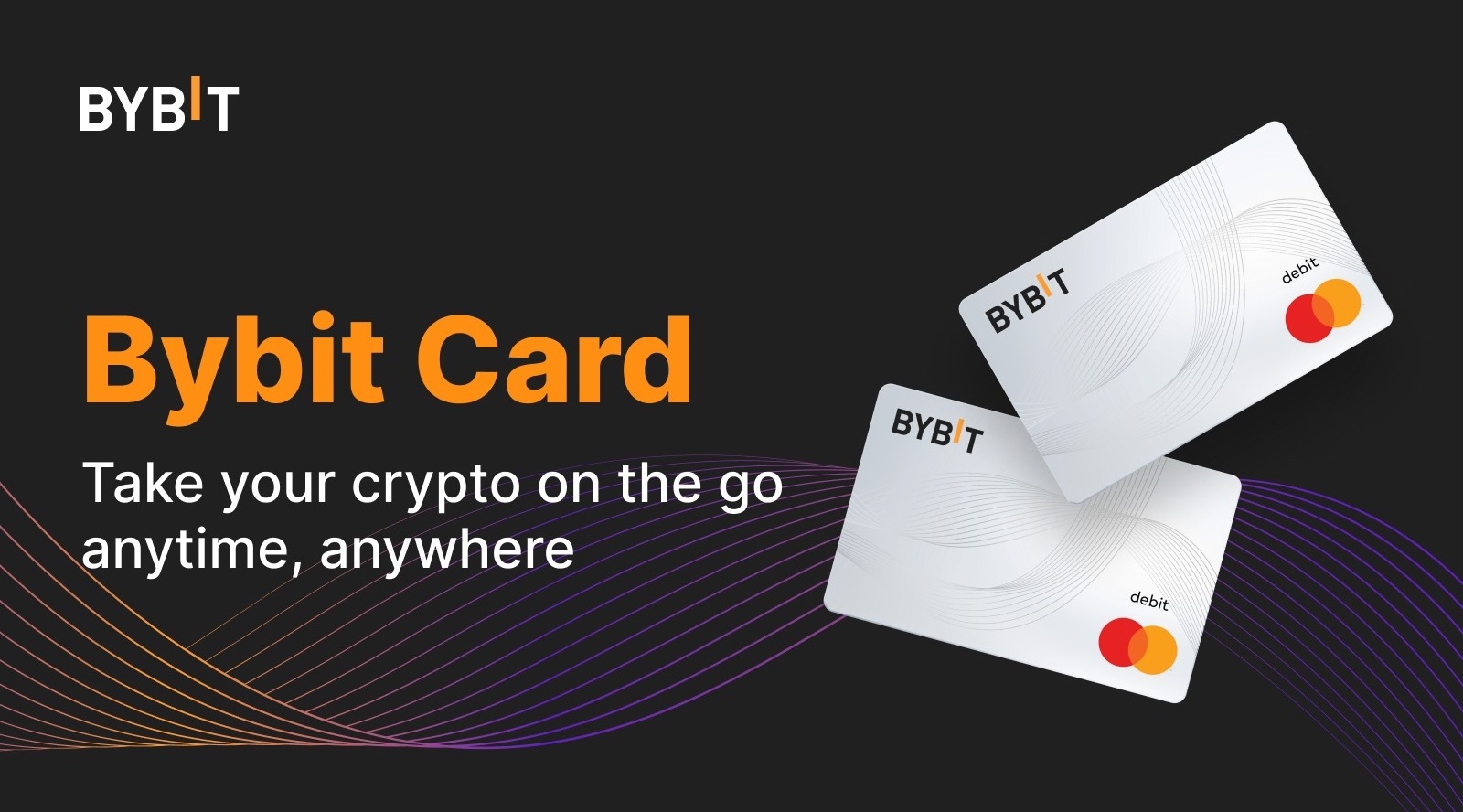As one door closes in crypto, another opens. Binance’s decision to sunset its Visa card in Europe, announced in late October, is a blow to users in the EEA, who rely on it to swap between crypto and fiat at will. The loss of the popular crypto Visa card has been cushioned by the news that Bybit has no intention of following suit. It’s just announced a host of new offers to entice European customers to sign up for a Bybit Mastercard.
On October 19, Binance revealed its European Visa card will be withdrawn at the end of December. One week after the announcement, spot and futures exchange Bybit declared new incentives to stimulate adoption of its own debit card. The move reflects Bybit’s growing stature as a global crypto company – as well as demonstrating Binance’s intent to focus on its core operations.
Binance Retires Visa Card After Three Years
In 2020, the Binance Visa card was rolled out to residents of the EEA, allowing them to convert their crypto to fiat currency and spend it anywhere Visa is accepted. All of the European Union’s 27 member states were included in the program plus Norway, Iceland, and Liechtenstein. European residents who attempt to visit the Binance Crypto Card portal are now redirected to the Binance homepage.
In July, the EU published Markets in Crypto-Assets (MiCA), an attempt at taking a unified approach to crypto regulation. While including safeguards for consumers, the proposed regulations make tighter demands on crypto companies in terms of KYC and oblige them to take extra due diligence. As a result, issuing a crypto card in the EEA now carries a heightened compliance burden. Despite this, Bybit appears confident that its own offering can flourish just as the Binance European Visa is being wrapped up.
New Offers for New Users
Crypto debit cards have become popular among holders of digital assets. They provide a valuable bridge to and from the cryptosphere and allow investors to hold onto their crypto for as long as possible before needing to cash out. As a result, users can enjoy all of the upside of holding cryptocurrency coupled with the convenience of being able to liquidate it when there are bills to pay.
The Bybit Card allows cryptos such as BTC, ETH, and USDT to convert them to fiat currency instantly. Money can then be withdrawn in cash at any Mastercard ATM, or used electronically to pay for goods in store and online. To drive growth of its eponymous card in the EEA, Bybit has announced three new promotions. There’s a 10EUR bonus upon signing up for a Bybit virtual card; an additional 5 EUR after making your first transaction; and a 10EUR bonus credited to the card upon signing up for Bybit’s exchange.
Bybit’s decision to support its card in Europe is a clear sign that the company is dedicated to achieving further growth in the region. Crypto investors have traditionally struggled to move money in and out of the digital asset ecosystem. Many banks refuse to accept funds that are associated with crypto investing, leaving traders short of options. Crypto debit cards can help to fill this void, providing a conduit for cashing out crypto and making everyday purchases.











